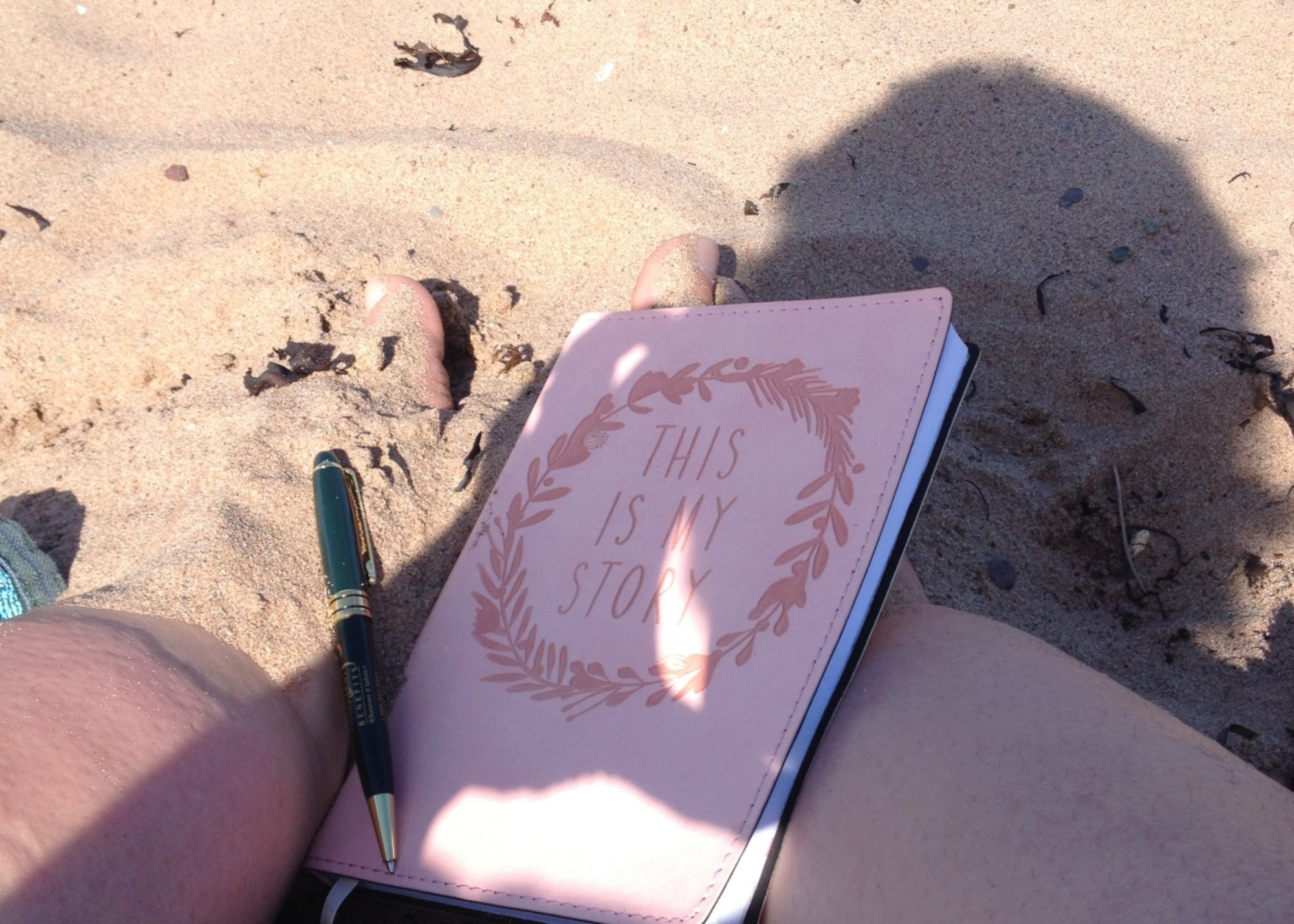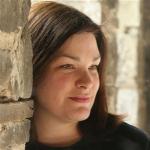It is in the throes of grief today that I am grateful: for the presence of a dear friend, and for finding the words.
We’ve received the phone call, or live in fear of it. Someone beloved has died. Sometimes sudden, often expected, but always a shock. Instantly the fabric of a life we once knew is torn, a piece gone, a light winked out. We are each born into this world with an expiry date. Thankfully, we seldom know the date or time. It’s an vague concept, a ‘someday’ thing, a deadline dodged each day we awaken with heart pumping and breath moving. But that deadline always comes and when we feel it, the time has passed for someone we love, and we are left behind to deal with it.
Deal with it how? There is no replacing the unique energy of a divine creation, especially when their life and yours are intertwined by love, circumastance, shared paths, family trees, or just plain choice. You know them, or at least I pray you do: those people who simply being in tbheir presence makes life brighter, richer, clearer. Being with them, near them, or somewhere on their stage of life is a pleasure. To find one is a treasure. To lose one, unspeakable.
Unspeakable. No words. No flow. Grief jams agains the ribs and spine, hammers the skull with nowhere to go. It darkens, drains, overwhelms until the very breath nearly ceases. There is no moving forward, and no going back. Being stuck here is as close to hell as I have every felt. And I’ve been getting way too much practice lately. The body cares not why there is grief, only that there is: loss, change, death, shift, it all evokes similar physical responses. A year ago, I bid goodbye to my dad. Today, I will say farewell to a dear friend, someone my age and believed perfectly healthy, until instantly and without warning, her life on Earth ceased to be. There are other changes, too, that have had me stuck in a constant state of loss. This past weekend, after “the call” had ended, I was left charred, defeated, breathless, powerless. Our world, her family, my family for God’s sake thrived in her presence. Nothing I can say or do will heal the loss felt by her husband, her daughter, and the many people of all ages whom she loved and loved her in return.
But what I say can help share her memory, record her legacy, pay tribute to a life well lived.
So, I write. A Facebook post. A blog. A messsage in a card. I kept it simple:
How we met: she was my son’s first sitter
What happened: he was eight months old. He loved her at first sight. Years later she would care for all three of my chidlren, and become a supporter of my emerging career as an author. When finally convinced to join Facebook, one of her first interactions was to like my fan page. Her ability to share the love among all she met and knew had no bounds.
A Favourite memory: My ‘baby’ eight years later giving her away at her wedding
How I felt at her loss (this was the hardest part): my heart is breaking, but I feel gratitude as well
A statement of hope: her legacy will live on in the many children she cared for, their families, and the world she made a bnetter place by loving our children with all her heart.
With each word, pain and pressure ease. Tears flow, but so does energy, awareness, light, all things needed for healing.
As a writer, the words were there for me. I just had to sit with my pain until they sifted through.
I am heartbroken and exhausted, but grateful.
A life in words pales to a life lived.
But in days of darkness, those words may be the glimmer we need to breathe in, breathe out, and look ahead.
Thanks for being here.
– Jennifer
Jennifer Hatt is author of the Finding Maria series and partner in Marechal Media Inc.
See more of Jennifer’s work at www.FindingMaria.com.



